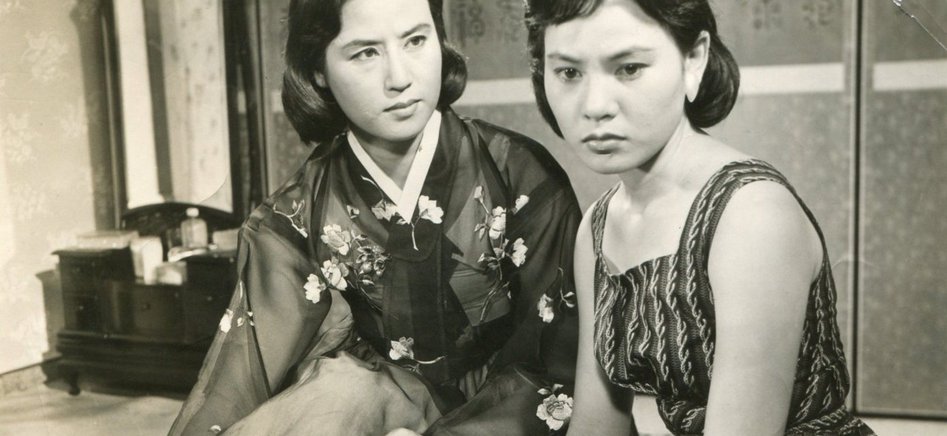A Sister's Garden

자매의 화원
Korean Film Night
The Nam family leads a life of upper-middle class luxury. But this wealth lies on an unstable foundation, and when the father dies suddenly, Jung-hee (Choi Eun-hee), as the new head of the family, finds herself with steep debts and no source of income. At last, she must decide on something that is riskier than before.
"A Sister's Garden," directed by Shin Sang-ok, stands as one of the hit melodramas he crafted in the late 1950s. Featuring Choi Eun-hee's typically captivating performance as the modest and soft-spoken Jung-hee, the film offers a compelling glimpse into family life during that era. The 1950s marked an era when Western material goods flooded the Korean consumer market, offering viewers the pleasure of witnessing the opulent lifestyles of the wealthy. Indeed, many Korean films from this period depict the burgeoning material culture and rapid Westernization of the Korean society. "A Sister's Garden" epitomizes this trend, while also displaying a nuanced perspective on the capitalist system Korea eagerly embraced.
A Sister's Garden ("Jamae-ui hwawon"). Directed by Shin Sang-ok. Screenplay by Jo Nam-sa. Starred by Choi Eun-hee (Jung-hee), Choi Ji-hee (Myung-hee), Namgung Won (Dong-su), Kim Seok-hun (Sun-cheol), Kim Seung-ho (Chairman Pang), Ahn Sung-ki (Chang-sik). Cinematography by Choi Kyung-ok. Produced by Seoul Film Company. 119 min, b&w. Released on October 1, 1959.




